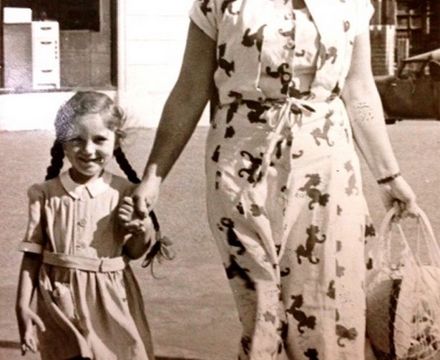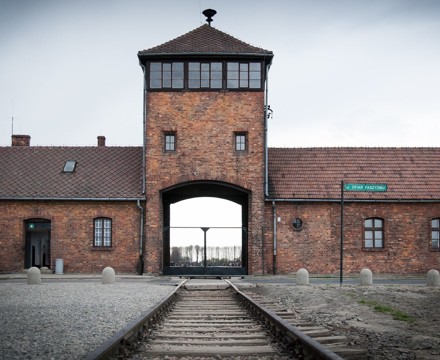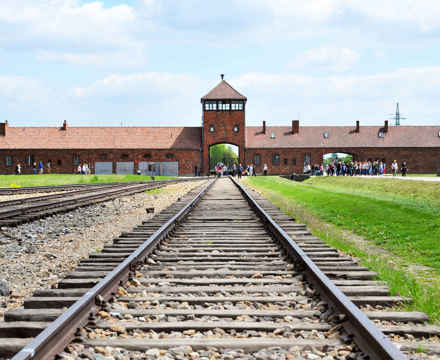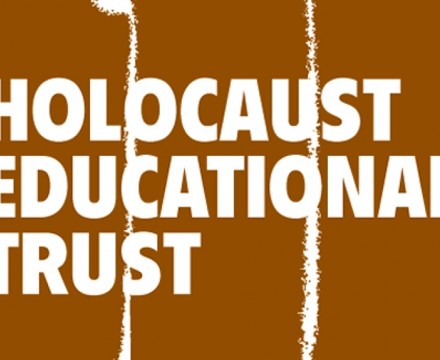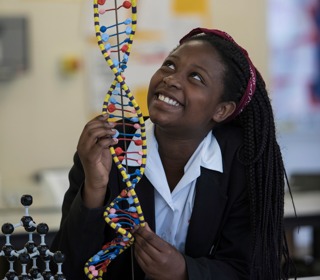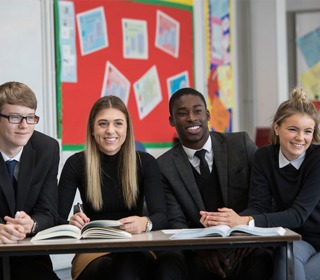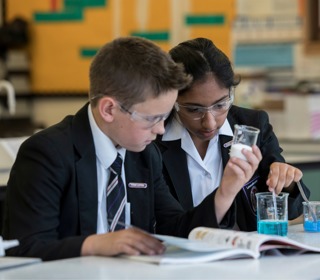- Home
- Communications
- News
- Lessons From Auschwitz online: Humanising the Holocaust
Lessons From Auschwitz online: Humanising the Holocaust
Back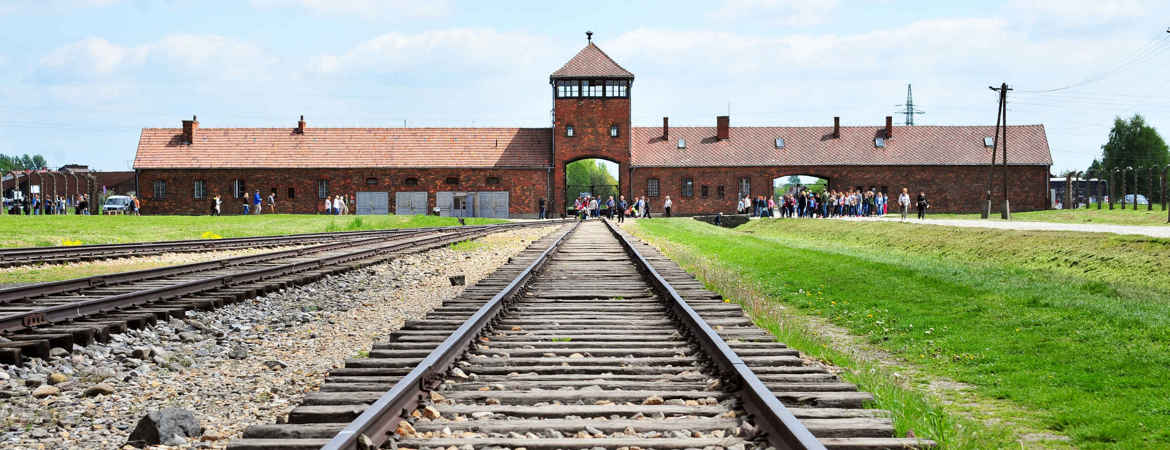
Recently, some GCSE students at Leventhorpe got the opportunity to take part in an interactive online experience by the Holocaust Educational Trust. This unique experience allowed us to take a deep dive into the history of the events of the Holocaust and to consider the best way to understand the complexity and contemporary relevance of this time in history, that saw the murder of approximately six million Jewish men, women and children by Nazi Germany and its collaborators during the second world war.
Over 3 online lessons, and multiple course modules, we learnt about: pre-war Jewish life and the history of antisemitism in Europe, how to best define the Holocaust, the key sites of infamous death and concentration camp Auschwitz Birkenau and its importance now in the modern day and into the future. Not only this, but we had the honour of hearing a live survivor testimony and Q&A in order to connect with the story of the Holocaust and understand how every victim and person involved in the Holocaust were real people with lives and stories and culture. The main aim of Lessons From Auschwitz was to deeply understand the effects of the Holocaust and how the Holocaust should be humanised as we focus on the victims and survivors’ stories rather than treating them as mere statistics. By treating those affected with respect and honour, learning their stories and allowing them to be heard through the future generations, we can truly reflect on the loss and impacts via the Holocaust.
A part of the Lessons From Auschwitz online course was the ability to ‘visit’ key sites of Auschwitz Birkenau via virtual reality. We were able to experience Auschwitz-Birkenau first-hand, to get a small glimpse into what life was like for those in concentration camps throughout Nazi-occupied Europe during the second world war. By doing this, we were able to begin to understand the Holocaust on a personal level and truly experience this piece of history directly. Going much further than a regular History class, we virtually explored the barracks and arrival area of Auschwitz Birkenau. As a group we could get a glimpse into the horrible conditions and life quality of the victims of the Holocaust, how real people were stripped of their rights and respect. But another main aspect of these lessons was the idea of resistance by those involved in the Holocaust, how even during such unimaginable events, people would keep their faith and act with dignity in order to show how they would not be beaten or forgotten. Their lives should not be erased from history. Therefore, we also heard a survivor testimony during this course. It is vital us as a generation carry on those stories and honour the victims as the people they were.
During this experience we also managed to hear a live testimony from Eva Clarke who was born during the Holocaust at one of the camps in Germany near the end of the second world war. This testimony also included a Q&A with Eva where we learnt the story of her Jewish mother who spent time in Auschwitz and was Liberated from a camp just weeks after giving birth. Her mother’s story was fascinating, bringing to light how every single experience from that time varies, and each victim faced their own struggles and challenges.
I am extremely grateful to have been able to have the opportunity to learn about the Holocaust on a deeper level, considering not only the events of the Holocaust but its ever remaining impact on generations to come. One thing I also had the pleasure to learn was how vital it is we spread the stories of the victims of the Holocaust, as the only way to prevent the success of discrimination and hatred is to remember this time and what was lost.
Phoebe Revell
11N


